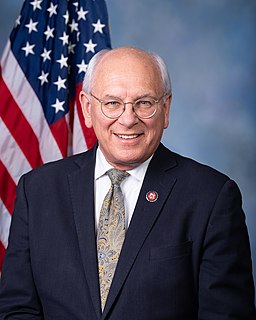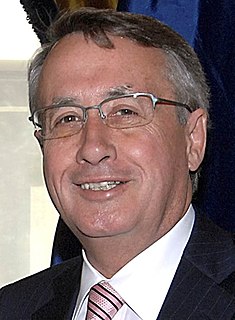A Quote by Ken Livingstone
To tackle climate change you don't have to reduce your quality of life, but you do have to change the way you live
Related Quotes
Climate scientists think of nothing but climate and then express their concerns in terms of constructs such as global mean surface temperature. But we live in a world in which all sorts of change is happening all the time, and the only way to understand what climate change will bring is to tell stories about how it manifests in people's lives.
Despite the international scientific community's consensus on climate change, a small number of critics continue to deny that climate change exists or that humans are causing it. Widely known as climate change "skeptics" or "deniers," these individuals are generally not climate scientists and do not debate the science with the climate scientists.
I think climate change is probably the most extreme, and it's been going on for years because it's very difficult to talk about a planetary issue like climate change and to get people who live within four-year electoral cycles to actually pay attention to something that you predict is happening way in the future.
































